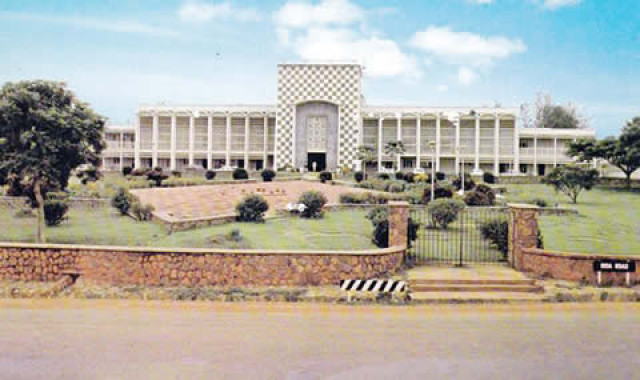The Economic and Financial Crimes Commission (EFCC) has charged two individuals, Shehu Abdu and Isah Saidu, for allegedly posing as fake sureties for Ji Zhou, a Chinese national sought for illegal mining and economic sabotage.
The suspects appeared in court on Monday, June 2, 2025, before Justice A. Isiaka of the Kaduna State High Court on allegations of providing false information to a public servant, an offense specified under Section 105(a) of the Kaduna State Penal Code Law, 2017.
According to a statement from the EFCC on Tuesday, Abdu and Saidu claimed to be close associates of Zhou and assured the Commission that they would present him whenever required after he was granted “administrative bail.” They signed a N10 million bail bond for this purpose.
However, when Zhou was needed, their story altered. “We didn’t know him. His lawyer paid us ₦40,000 each to act as sureties,” the two allegedly informed EFCC investigators.
The EFCC indicated that their deceit directly contributed to Zhou’s release, a situation that would not have occurred had the true facts been revealed. Both men faced nearly identical charges, including one stating: “That you, SHEHU ABDU… provided false information to a public servant, leading to the release of Ji Zhou on administrative bail, a decision that would not have been made had the actual circumstances been known…”
They both pleaded “not guilty.” Prosecuting attorney Y.J. Matiyak requested a trial date and for the defendants to be held in custody until the trial commenced. Justice Isiaka postponed the case to June 16, 2025, to deliberate on their bail requests and ordered their detention at the Kaduna Correctional Centre.
Meanwhile, the EFCC has initiated a search for Ji Zhou, who is currently evading capture, highlighting how the judicial system can be easily manipulated by “rented sureties.”
An EFCC official, who chose to remain anonymous, remarked that the case serves as a cautionary tale: “This is how illegal miners evade justice through deception and exploiting loopholes. We are addressing these gaps.”




















